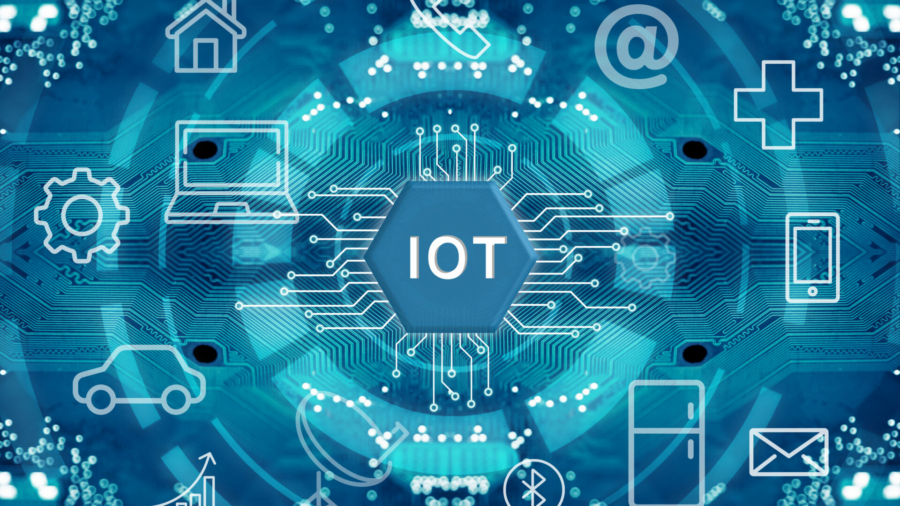The Rise of Internet of Things and Its Implications for Consumers
In recent years, the Internet of Things (IoT) has seen a significant rise in popularity and adoption across various industries. IoT refers to the network of interconnected devices and objects that can communicate with each other and exchange data over the internet. This technology has the potential to revolutionize the way we live and work, with implications for consumers that are both exciting and potentially concerning.
Convenience and Efficiency
One of the primary benefits of IoT for consumers is the convenience and efficiency it offers. With IoT devices, consumers can automate a variety of tasks and processes, making their lives easier and more streamlined. For example, smart home devices like thermostats, lights, and security systems can be controlled remotely through a smartphone app, allowing consumers to save time and energy. Additionally, IoT technology can help consumers track their health and fitness goals, manage their energy usage, and even order groceries or other products automatically.
Data Privacy and Security
While the convenience of IoT devices is undeniable, there are also significant concerns surrounding data privacy and security. As more and more devices become connected to the internet, consumers are at risk of having their personal information and data compromised. Hackers can potentially gain access to sensitive information like financial data or personal identifiers through vulnerable IoT devices. It is essential for consumers to be aware of these risks and take steps to secure their devices and data.
Cost and Accessibility
Another consideration for consumers is the cost and accessibility of IoT technology. While the prices of IoT devices have been steadily decreasing over the years, some consumers may still find them to be too expensive. Additionally, not all consumers have access to reliable internet connections or the technical knowledge required to set up and maintain IoT devices. As IoT technology becomes more widespread, it is essential for companies to address these barriers to entry to ensure that all consumers can benefit from its potential.
In conclusion, the rise of the Internet of Things presents both exciting opportunities and potential challenges for consumers. While IoT technology has the potential to enhance convenience and efficiency in various aspects of consumers’ lives, it is crucial for consumers to be aware of the data privacy and security risks involved. Additionally, companies must work to address barriers to entry like cost and accessibility to ensure that all consumers can benefit from the potential of IoT technology. By staying informed and taking necessary precautions, consumers can make the most of the possibilities offered by the Internet of Things.

